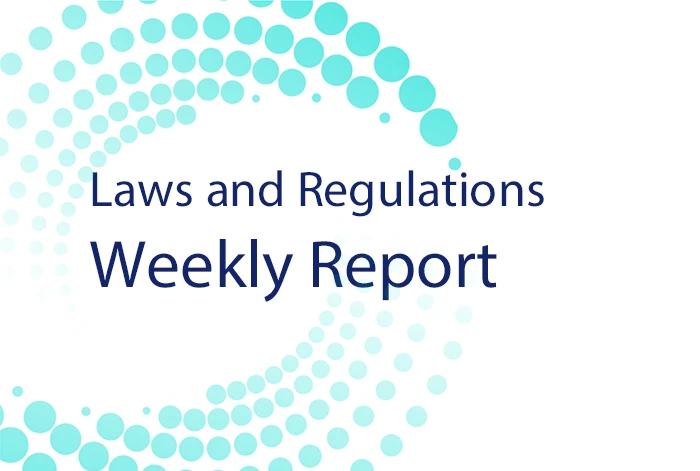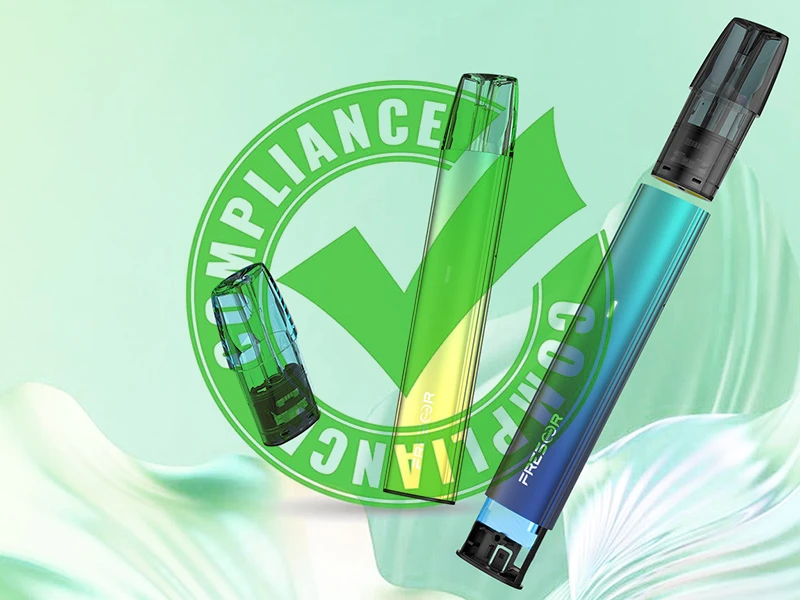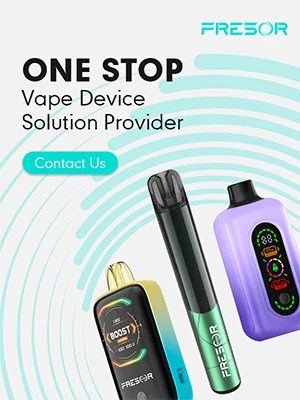Legal Age to Vape: What You Need to Know

25 July 2024
Vaping has become very popular in recent years. Many people, formerly smokers, especially teens and young adults, are turning to vapor products and vaping as an alternative to smoking. However, with this rise in vapor products' popularity, individual consumers must know the legal age to vape.
Understanding the legal age to vape is important for both parents and young people. These laws and regulations are in place to protect health and prevent addiction.
In this article, we will explore the legal age requirements for vaping, the reasons behind these laws, and the consequences of underage vaping.
This information will help you make informed decisions and understand the importance of following the law.
What is the Legal Age to Vape?
In many countries, the legal age to vape is typically set at a minimum age of 18 or 21 years old. Understanding the legal minimum age used to vape is important for parents, teens, and young adults. Here, we break down the legal age requirements for vaping in different countries.
United States: In the United States, the legal age to vape is 21+ years of age-old. This federal law was enacted in December 2019.
The change was made to reduce youth access to vaping products. Retailers are now required by law to check ID before selling any vaping products to ensure the buyer of tobacco products is at least 21 years old.

United Kingdom: In the United Kingdom, you must be 18 years old to buy vaping tobacco and vapor products there. This includes e-cigarettes, vape pens, and e-liquids. The law aims to protect young people from the potential health risks of vaping cigarettes. Retailers who sell vapor products to underage buyers face strict penalties.
Australia: In Australia, the legal age to vape varies by state. Generally, you need to be 18 years old to purchase tobacco, vaping, or tobacco products there.
Each state has specific laws, so it's important to check the rules in your area. The age limit legislation helps control the use and sale of tobacco and vaping among teenagers.
Canada: In Canada, the minimum legal age to vape also varies by province. Most provinces set the minimum age at either 18 or 19 years old.
These laws are designed to prevent youth from starting to vape and to protect their health. Make sure to verify the legal age in your province before buying or using vaping products.
Why Are There Age Restrictions on Vaping?
Understanding the reasons behind age restrictions on vaping is crucial for everyone. These laws aim to protect young people from the harmful effects of nicotine and to ensure public health.
Here, we’ll break down the main reasons: health concerns, preventing addiction, and protecting public health.
Health Concerns
Nicotine can seriously impact young brains. Adolescents’ brains are still developing, and nicotine can interfere with this process. It can affect areas responsible for learning, memory, and attention.
Moreover, young people are at a higher risk of developing long-term health problems from nicotine use. These include respiratory issues and heart problems.
Early exposure to tobacco and nicotine can also make it easier for teenagers to become addicted to other substances.

Preventing Addiction
Teenagers are more likely to get addicted to nicotine than adults. Their brains are more sensitive to nicotine and tobacco products make them more prone to addiction.
By using tobacco products and limiting access to e cigarettes and vaping products, we can help prevent this addiction.
Preventing addiction is not just about health care; it’s about the future. An addicted teen is more likely to struggle with quitting tobacco use and nicotine later in life.
This struggle e cigarettes can lead to a lifetime of health issues and dependence e cigarette use and nicotine products.
Protecting Public Health
Governments have put these age restrictions in place to protect the public, especially young people. These laws aim to reduce the number of teenagers who start smoking cigarettes or using nicotine products.
By the tobacco product doing this, they hope to lower the overall rates of smoking and e cigarette use, and vaping in the future.
Public health strategies include education programs in schools and communities. These programs teach kids about the risks of vaping and smoking. They also provide resources for those who want to quit.
Consequences of Underage Vaping
Vaping or smoking tobacco while under the legal age can have several consequences:
Legal Penalties: Minors caught purchasing or using vaping products may face fines or other legal actions. Retailers selling to minors can also face hefty fines and penalties.
Health Risks: The long-term health effects of vaping are still being studied. However, it is known that vaping can cause lung damage and other health issues.
School Policies: Many schools have strict policies against vaping. Students caught vaping may face suspension or other disciplinary actions.
How to Talk to Your Kids About Vaping
Parents need to have open and honest conversations with their children about vaping. Here are some tips:
Be Informed: Know the facts about vaping and its risks. This will help you provide accurate information.
Set Clear Expectations: Explain the legal age requirements and your own household rules regarding vaping.
Encourage Questions: Let your children ask questions and express their thoughts. This helps keep the conversation open and non-judgmental.
Discuss Peer Pressure: Talk about how to handle situations where they might feel pressured to vape.

Resources for Parents
Centers for Disease Control and Prevention (CDC): The CDC offers easy-to-read guides on vaping health effects and prevention. They provide practical tips for talking to your kids about vaping and other tobacco products they use, making the conversation simple and effective.
American Lung Association: The American Lung Association provides essential resources on cigarette use and vaping prevention. Their tools free resources and support groups help parents and educators understand vaping risks and keep teens safe.
Local Health Department: Your local health department offers community-specific programs and resources. They provide workshops, support groups, and contact information for local services to help you tackle cigarette and vaping issues head-on.
FAQs
Can you vape at 18 in Ohio?
Ohio is the 21st state for the sale of all tobacco products. In June 2017, Governor Mike DeWine approved House Bill 168. HB. The legislation increased the legal age of tobacco purchase to 21.
Can you vape at 18 in Minnesota?
A 21-year-old person can buy electronic cigarettes sold by retailers or online.
Do Vaping Laws Vary From State to State?
Yes, vaping laws vary significantly from federal government to federal and state to state law, including age restrictions, sales tax and regulations, and public usage rules.
Are There Places Where Vaping Is Banned?
Yes, vaping is banned in certain public places such as retail establishments such as schools, hospitals, and public transportation. Some cities and states have more extensive bans.
What Happens When You Violate Vape Laws?
Violating vape laws can result in fines, confiscation of vaping devices, and, in some cases, criminal charges depending on the severity of the offense, state and federal laws, and local regulations.
Conclusion
Understanding the legal age to vape and the reasons behind these laws is crucial for both parents and young adults. Vaping can pose significant health risks, especially for young people.
By staying informed and having open conversations, we can help protect our youth from the dangers of vaping.
Featured Articles

Can You Vape in a Hotel Room? A Guide for Travelers, Vapers, and Hoteliers
2024-09-19

Vape Legal and Regulatory Weekly Report - September 14, 2024
2024-09-14

Vape Legal and Regulatory Weekly Report - September 9, 2024
2024-09-09

Vape Legal and Regulatory Weekly Report - September 2, 2024
2024-09-02

Vaping Laws in Germany: An Update on What You Need to Know
2024-08-12




















